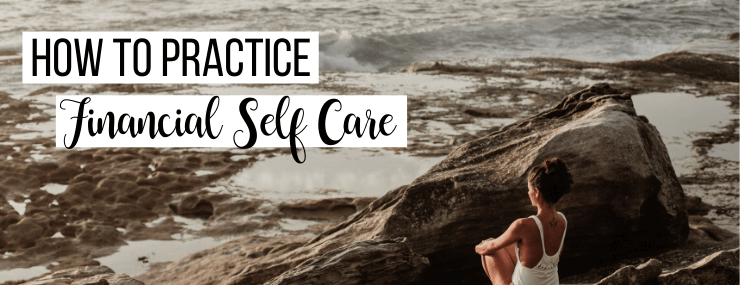
It’s been a full year of the COVID-19 pandemic, and for some people, it has been extraordinarily challenging. For others, it’s been more of an inconvenience.
But almost all of us are not quite where we expected to be in 2021.
As you navigate the changes you may have made to your financial plan, don’t forget to cut yourself a break, too. The past year has been difficult for everyone, and there are some self-care practices you can use to help you move forward and get back on track:
What is financial self care?
Self care isn’t just about bubble baths and naps. It’s about doing what you need to do to care for your mental, physical and – in this case – financial well-being.
The best way to practice financial self care is to incorporate habits, big and small, into your routine.
Consider what’s going right
It’s easy to fall into the habit of only seeing what’s going wrong, especially in the midst of a global crisis. But this is just one perspective.
If you only look at what’s gone wrong, how far behind you are, or how long it will take you to make up for lost funds, you’re going to feel pretty discouraged.
It’s okay to reflect on what didn’t go as planned, but don’t forget to consider what you did well. To get started, try listing the top 5 things that went well over the past year.
Talk about it
Finances can be difficult to talk about. It’s deeply ingrained in many people that talking about finances is taboo or impolite, and many people are afraid of being judged or shamed because of their financial situation.
Just like with all the other stressors in your life, talking about them with someone can help you feel more empowered and capable of handling them. It’s especially crucial to talk about money with your spouse or partner. A Fidelity Investments survey found that of the couples surveyed who are concerned about debt, 29% have a hard time talking about money. Comparatively, only 9% of the couples who are not concerned about debt struggled to discuss money.
Whether things are going well financially or not, learning how to talk about money with other people is so important. You can also meet with a financial advisor to help you get a handle on your money situation. Some people hesitate to meet with a financial advisor because they’re worried they’ll be judged, but a good one won’t. Here’s how to find the right advisor for you, and some red flags to watch out for.
Invest in yourself
Whatever you do with your money, the key is to do it intentionally. Saving serves you when you put away money for retirement or add to your emergency fund. But spending wisely on yourself can be a smart investment, too.
Taking a family vacation, furthering your education, going on a date night or even just signing up for a fitness class you look forward to are all investments that can enrich your life. Here are some additional ways you can invest in yourself.
About Your Richest Life
At Your Richest Life, Katie Brewer, CFP®, believes everyone should have access to financial resources and coaching. For more information on the services offered, contact Katie today.
<!–
–>







